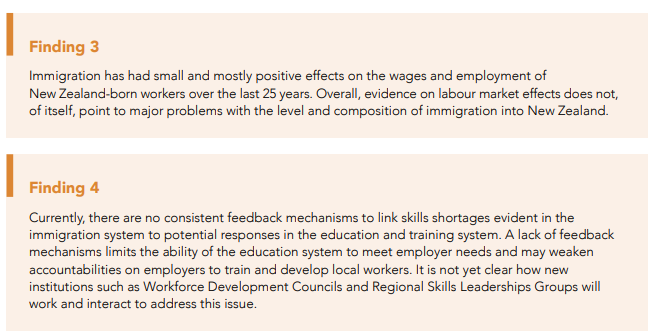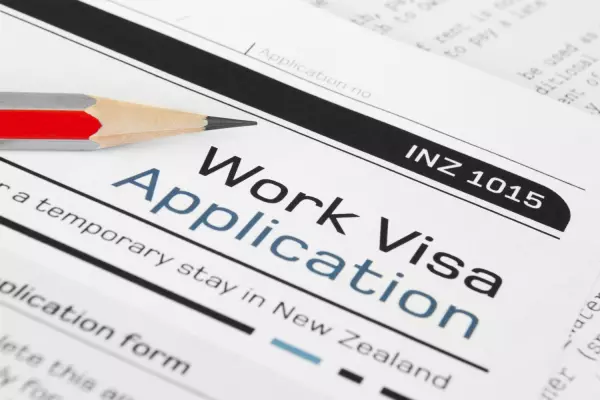The great immigration reset announced mid-2021 but never implemented is now being repackaged as a “rebalance”.
In a heavily redacted cabinet paper titled “Long-term Direction for the Immigration Portfolio: a rebalance”, the immigration minister Kris Faafoi warns New Zealand businesses of what is to come.
There is no doubt the government has enjoyed what it sees as “benefits” from the border shutdown including allowing for a re-engineering of immigration policy to, in Faafoi's words, “incentivise businesses to lift working conditions [read wages], improve the skills training and career pathways for workers … and reduce the economy’s reliance on lower-skilled migrant workers.”
Despite the Productivity Commission finding that there was no basis for saying migration places downward pressure on NZ workers’ training, wages, or conditions, the cabinet paper claims that it in fact does have exactly that impact. I wonder where minister Faafoi is getting his facts from, if not from the government’s own research and insights?

Disturbingly the minister also says, “the closed border offers an opportunity to accelerate the direction we had put in place prior to covid-19”. That meant making it more difficult to recruit labour paid below the median wage while clearly favouring certain industry sectors.
The approach of the government in the upcoming revamp of the work visa scheme is best described in paragraph 38 of the report: “This halt on migration flows gives us the opportunity to rebalance our immigration priorities to change the profile of migrants coming into New Zealand, before the inflow resumes when the borders reopen.”
The restrictive nature of the intended approach is best summed up by the comment “… the proposed rebalance work will mean that we hear ongoing reports of labour and skill shortages from some businesses after the borders are reopened”. So, it looks to me that the government is quite prepared for the pain businesses have experienced to continue over the longer term in order to achieve an ideological goal.
I am in agreement with the recent news item published on Stuff that suggests there will be a limit on application numbers and perhaps these will be linked to a measure of the “absorptive capacity” of the economy.
Economic lever
Officials are allegedly exploring measures to better measure this link, including linking residency places to long-term trends around building consents, or the infrastructure deficit.
When Labour was initially elected in coalition with NZ First, there was talk of moving away from using immigration as an economic lever.
Frankly, that was fanciful thinking, it is now clear that the current ideology is to focus on sociological outcomes, with economic impact secondary in importance.
Restricting the free flow of labour undermines our ability to compete on a global stage for skilled workers. More importantly, it is out of step with the rest of the first world countries who understand that the issues confronting the labour markets are not just about skill shortages, but also worker shortages.
In reality, we just don’t have enough people in NZ to fill those jobs whether high skilled or low skilled.
Pathways to upskill people take time to develop and more often than not the fast-paced change in skills means the training systems will still not deliver enough people to fill the vacancies available.
It appears this government’s approach is to limit NZ’s economic development in the hope that it will limit the need for the business community to draw on the international labour market, and somehow, in the meantime, we can play catch up on skills development.
Sadly, that is a recipe for limiting opportunities to New Zealanders.
If you don’t have the skillset available (or time and funding) to train your NZ workers, then how can you achieve the governments’ goal for businesses to develop the local talent?
And if you don’t have the capacity to expand your business, (cobbled by the lack of skilled workers) how can you provide more opportunities for training?
The ideological approach has all the hallmarks of being created by people who have never run a business in their life but certainly had a great time at university developing their ideological philosophy.













